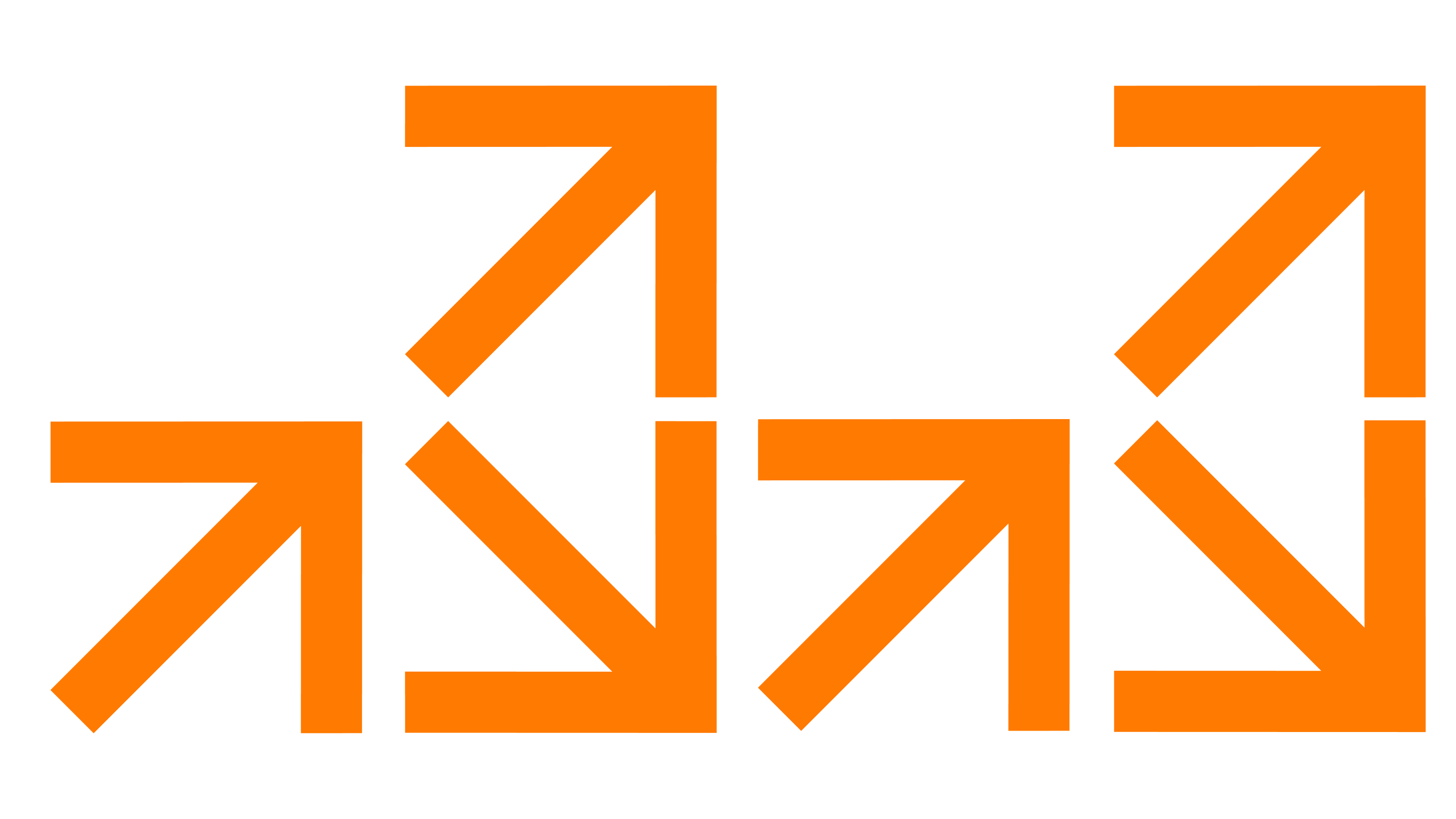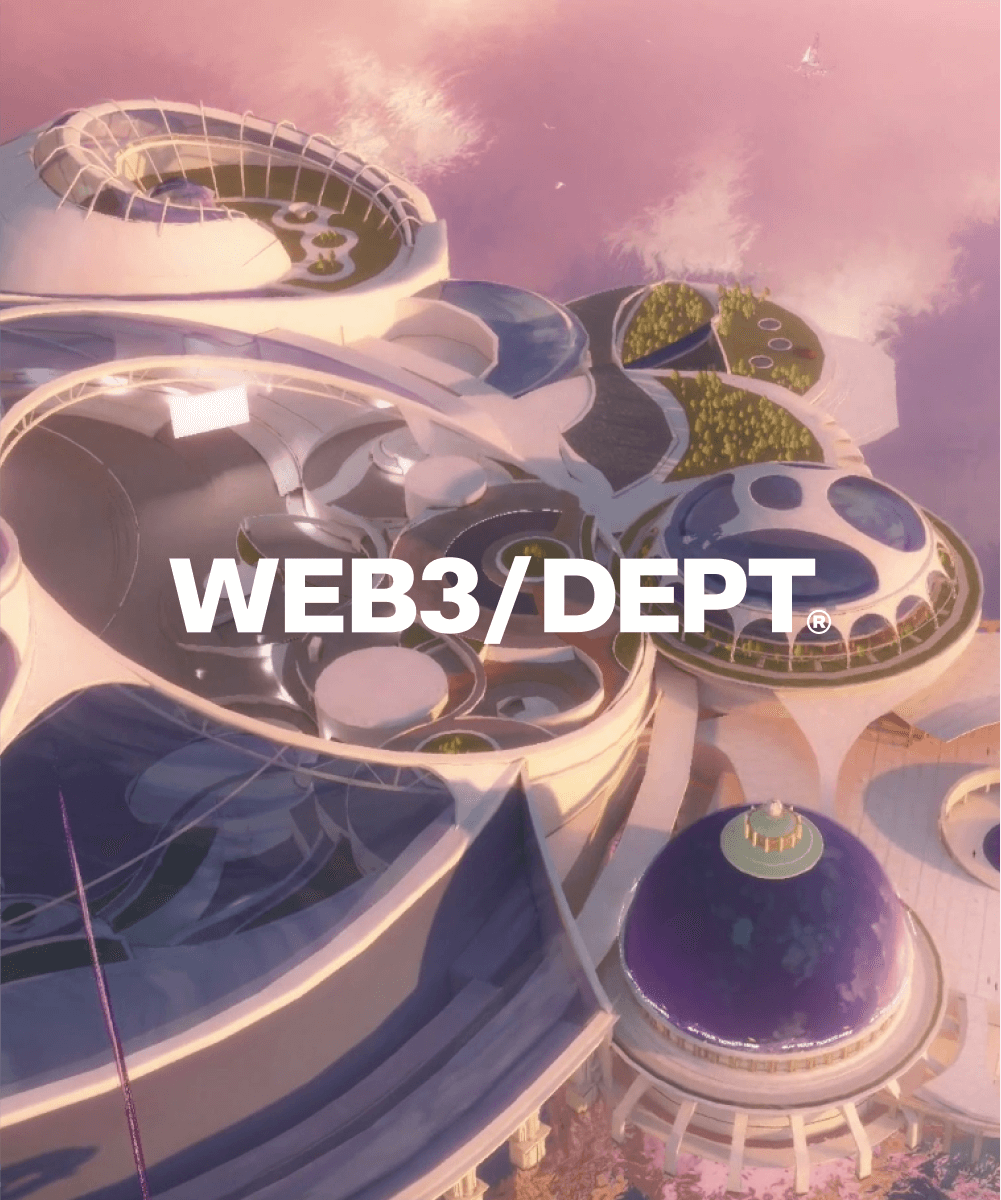Digital innovation is progressing at a faster rate than ever before. Emerging technologies like machine learning, artificial intelligence, and Web3 are on track to transform how businesses work across all industries. In the upcoming years, we’ll be seeing the effect of “combinatorial innovation,” as different technologies come together in new and creative ways.
Companies that seize the moment and undertake digital-innovation transformations are more likely to stay ahead of the competition.
Unfortunately, the need to transform is hitting at a difficult time. The tech sector has been hit hard in the past two quarters as companies of all sizes have been forced to realign priorities, cancel operations and downsize their teams, as is the case with Microsoft, Meta, Google, Netflix, Snap, and Salesforce.
Despite these rough economic conditions, the need to deliver new features and keep innovating remains persistent. Even with reduced budgets. Even with small teams.
So how do you successfully innovate with a smaller team and budget? Is it a gamble on a new platform? Investing in machine learning?
It could be all of those things–or none. But finding out where to innovate is something that can be done in as little as two weeks. Here’s how.

Product innovation
By being intentional about product innovation, you can go from a broad business objective or goal to an interactive (and user-tested) prototype in as little as 10 days.
A sprint-based approach focuses on ideation, iteration, and testing to find creative solutions that resonate with your specific target audience.
Sprint schedules should be customised, based on the stage of the project and how much you already know about the customers, industry, and market. They typically include understanding and empathising with users’ problems, brainstorming ideas, designing low-fidelity prototypes, gathering feedback, and then iterating.
By the end of your two-week sprint, you’ve considered a core problem, created a range of great solutions, and then tested them with users to refine them. While you should continue to iterate, you now have a solid foundation of an MVP that is creative and risk-averse.
We didn’t invent the sprint, but we have spent years perfecting it. DEPT® has a collaborative and fast sprint-based approach that balances research, conceptualisation, prototyping, and user feedback. The end result is an influential business case on how to produce it.
Experience-led websites or e-commerce platforms
Whether your brand needs a new website to refresh your digital presence, launch new initiatives, or go headless, there are ways to innovate on customer experience without blowing your budget.
Traditionally, a large portion of a website development budget is spent on a standard technical checklist. Things like technical workflow, selecting and installing third-party integrations, and DevOps and infrastructure take a considerable amount of time.
If you can create a website or e-commerce platform without spending months on the technical setup, you can spend more resources on innovation.
That’s the purpose of ADA/DASH, a new website accelerator that takes care of all the essential-but-dull necessities of development. Designed to be customised, it provides teams with a solid starting point to build their projects, is fully documented, and has new features added regularly.
The benefit here is that you can spend more time and money on unique experiences, whether that’s a customer’s journey, creative assets, e-commerce integrations, or AI.
Emerging technologies
Web3, creative automation, AI/ML, smart products, and the metaverse – these are all technologies of the future. And those who can harness them stand the best chance of succeeding in a fiercely competitive market.
DEPT®’s pioneering ethos means that we are often one of the first agencies learning and launching work on emerging technology and channels.
Based on our previous work and depth of technical experience, we can explore how you can leverage emerging creative technologies, plus team structure, time to ROI, and implementation best practices.
For example, we launched the first NFT marketplace platform alongside Algorand, allowing brands to create carbon-neutral marketplaces. Our technology suite of creative automation tools allowed eBay to personalise ads at a global scale in a matter of days. And in 2022, we hosted a 24-hour Meta Festival, complete with personalised avatars, a virtual world, and some of the brightest minds in meta technology.
DEPT® is constantly working on innovative and pioneering work. We have processes to do this quickly and cost-effectively while introducing new ideas and perspectives. Best of all, we have the experience to deliver them. Reach out to see how we can accelerate innovation at your organisation.
More Insights?
Discover moreQuestions?
Global SVP Technology & Engineering





